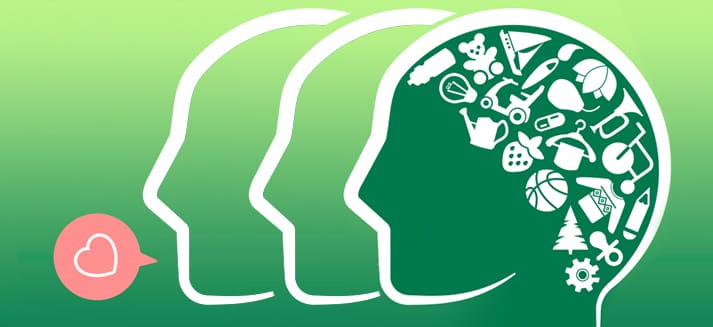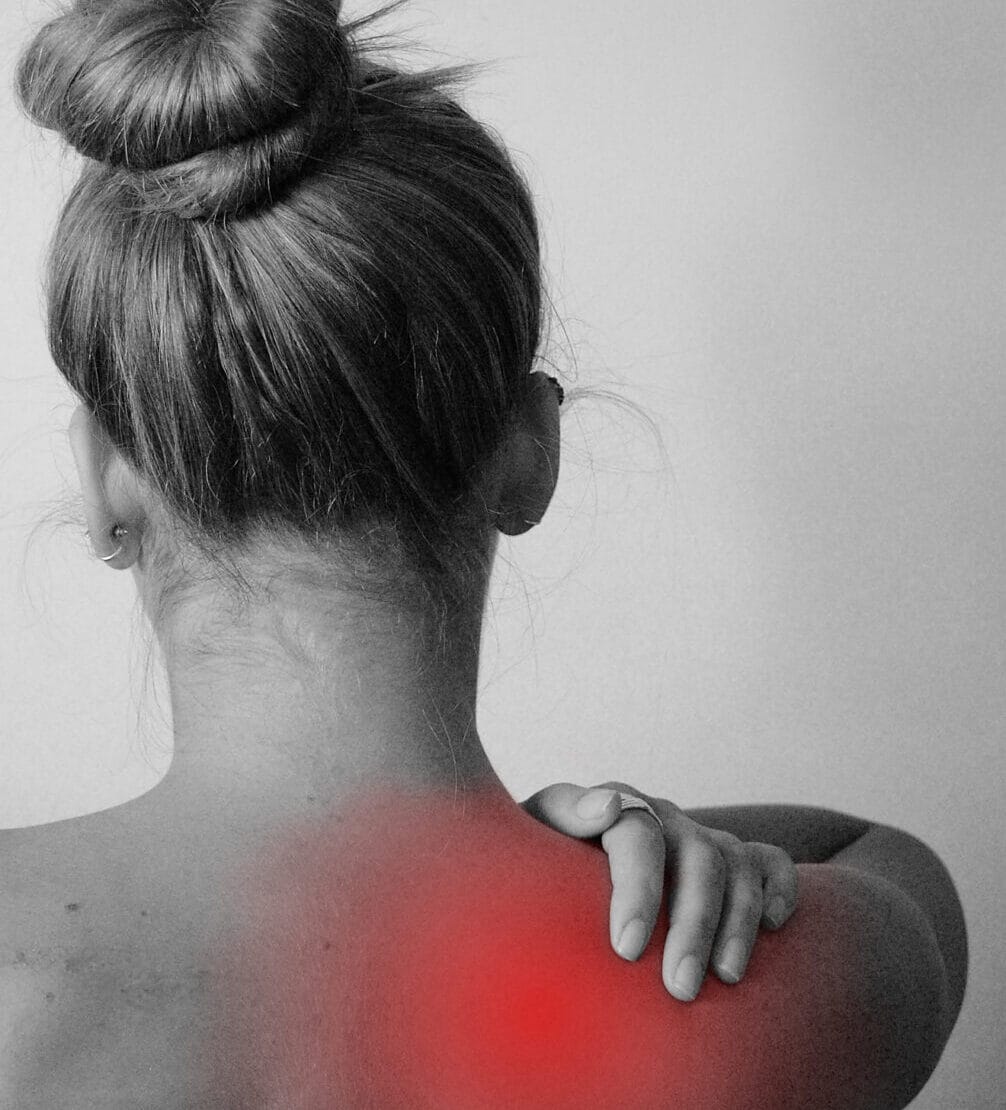
We’ve been conditioned to think of our bodies as the focal point of two types of health: physical and mental. However, the separation of these two vital aspects of our health is mainly artificial—it presumes that our health problems can be easily categorized, with one “type of health” having nothing to do with another. Yet research shows that up to 50% of cancer patients suffer from a mental illness, especially depression and anxiety. Similarly, in patients who are depressed, the risk of having a heart attack is more than twice as high as in the general population. Physical disability is one example of a health challenge that is rarely discussed in the context of mental health and mental wellbeing. As a result, we have not seen much discussion on how disability can affect mental health and vice versa.
By bridging the connection between our mind and our body—by embracing their inseparable nature—we can recognize how much more complex our lives are and how unacceptable it is to negate or degrade the importance of one, mind or body, in favor of another. Such thinking is detrimental to the wellbeing of people who do not fit into a neat box of someone who has either a physical disability or mental illness. The divide also forces people to continue hiding their challenges of living with a physical disability by bottling up their stress, anxiety, and depression.
The World Health Organization defines mental health as a state of wellbeing in which every individual:
- realizes his or her own potential
- can cope with the normal stresses of life
- can work productively and fruitfully, and
- is able to make a contribution to her or his community.
Mental wellbeing doesn’t have to be confined to a specific diagnosis but, rather, to the way we cope with daily challenges, and our resilience. Mental wellbeing doesn’t have to be confined to a specific diagnosis but, rather, to the way we cope with daily challenges, and our resilience. Physical disability in general and spinal cord injury in particular can jeopardize one’s wellbeing by creating both internal (i.e. pain and secondary health conditions) and external (i.e. societal attitudes, accessibility) barriers. Other barriers can include but are not limited to:
- Concerns about housing, employment, financial issues
- Self-esteem/body image/identity
- Lack of and/or loss of personal connections and support
PAIN
Chronic pain is a common and significant complication in individuals with SCI. Studies suggest that SCI patients with chronic pain have higher depression ratings. This year’s SCI Forum speakers will share strategies to help you minimize the impact of pain on your mental wellbeing. You can also learn and use helpful ways to cope, which may include: relaxation strategies such as meditation or listening to music, making pleasant activities part of your day-to-day or regular activities, or setting some realistic short and long-term goals.
HOUSING
According to SCI BC’s 2013 Housing Survey Report, poor housing has an impact on population health. Vulnerable groups, including people with disabilities, experience the increased risk of ill health when living in inadequate housing. Lack of appropriate housing options, the prohibitive cost of modifications, as well as potential social isolation are some of the housing-related challenges specific to people with disabilities. Staying informed can help you control worries and anxieties around these social barriers. Our InfoLine is a great resource for knowing what is available and how to advocate for yourself.
SELF-ESTEEM & BODY IMAGE
Self-esteem involves your sense of worthiness, adequacy, and self-respect. Societal messages about who is considered worthy and attractive contribute to feelings of inadequacy and sexuality in people with disabilities. Rebuilding self-confidence and accepting yourself in the context of disability is critical for your overall wellbeing. Our peer and Forum speaker Teri Thorson shares her hard-earned advice to help boost your self-confidence in the Spring 2016 issue of The Spin.
SOCIAL CONNECTIONS
The experience of living with spinal cord injury unavoidably affects individuals’ social networks. The difficulty of new psychological, emotional and physical adjustments, coupled with a feeling of disconnect with people around you can result in severed relationships. Disability does not impact one person, it impacts family and friends as well. Develop a network of peers. You can improve your wellbeing by keeping in touch with others having similar experiences and sharing ideas on how to cope.
This by far is not an exhaustive list of points that demonstrate the connection between our physical and mental health. We know systemic changes that tackle the issues of accessible and affordable housing, poverty, and unemployment are also a vital part of the solution. But this is a good place to start. Need more information on SCI and mental wellbeing? Visit our SCI Information Database and call our InfoLine at 1-800-689-2477.



